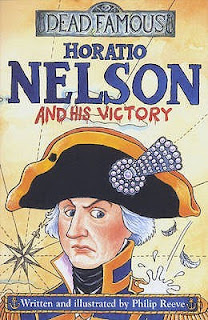Note: This Review considers the sequel, The Day of Judgement as a part of the same book.
Publisher's write-up:
'A gripping story of power, politics, modern theology and the dark forces of necromancy, in which an arms dealer hires a black magician to unleash all the Demons of Hell on earth for a single day.'
Black Easter is a novel written by the science fiction novelist James Blish, well known for writing the text adaptation of Star Wars. In Black Easter, he creates no new world; but just one additional element being, the method to summon and command demons as given in Grimoires actually work.
The book starts with a weapons manufacturer - Dr. Baines, approaching a black magician Theron War; asking him to murder two well known personalities being the Governor of California and then, later on a physicist who is a threat to his own business. Finally being convinced of Ware's abilities, Baines' reveals his ultimate aim, that is, releasing all demons and seeing what happens. However, there are rules to performing black magic in this; that is, the practitioner of black magic has to inform the white magicians (who happen to be the clergy) who observe what the black magicians do, but they are not supposed to interfere. So, this book deals with the consequences of Baines' task; what leads to the eventual Day of Judgement.
I felt the premise of the book was really brilliant, merging elements of Black Magic in the normal world. I also liked how the author gave detailed descriptions of the various demons summoned and how they behaved and how they reacted; certainly a lot of research has gone into it. Additionally, the book dealt with the interaction between good and evil quite well - with Theron Ware representing the evil side and Father Domenico from the clergy representing the good side (the observer for Ware's rituals) and yes, the book intends to touch upon the fact that in the real world, there is always interaction between good and evil and both go hand in hand.
But then, the book had too much focus on the rituals that was performed to summon the demons and the concept of good and evil that the characters turned out quite flat; none of them had any decipherable personality; they were just mere names. Moreover, I felt that while the start to the book was brilliant, I felt Theron Ware carried out all his tasks too easily, only that his success in his last task created havoc and when the principal character is too powerful, that reduces the excitement from the novel.
I would say that this book had an excellent premise which could have easily been built upon to craft a really good story but then, the story seemed to focus more on the author's research and philosophies than the story itself, beyond a point and that is where I felt this book fell short and at the end of the day; story is the most critical part in any work of fiction. Considering that, I would award the book a neutral rating of five on ten.
Rating - 5/10
Have a nice day,
Andy






